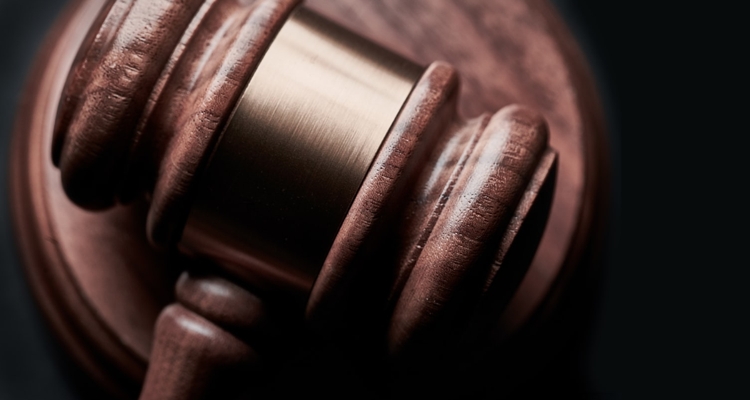Photo Credit: Bill Oxford
Earlier this month, leading music publishers and streaming giants including Spotify released an unredacted version of their Phonorecords IV settlement. But songwriter organizations then called for the disclosure of any “side” agreements, and the Copyright Royalty Board (CRB) has now ordered the parties to shed light upon deals related to (but not included in) the core settlement.
Chief Copyright Royalty Judge David P. Shaw just recently filed the order, which arrives about two months after the streaming platforms and the publishers announced that they had reached an agreement for the Phonorecords IV proceeding. In brief, the proposed deal would, among other things, slightly raise songwriter and publisher royalty rates from on-demand streaming services for the 2023-2027 period.
That the quickly negotiated pact would increase the royalty rate (to a headline rate of 15.35 percent) is significant, for the same entities that hammered out the compromise had for years battled over the Phonorecords III proceeding and its 43.8 percent rate hike.
Notwithstanding the Phonorecords IV rate increase, though, organizations such as Music Creators North America (MCNA) and individuals including songwriter (and longtime mechanical-rate critic) George Johnson promptly demanded transparency regarding the precise terms of the deal and those of any adjacent contracts.
MCNA likewise took issue with a “joint notice of lodging” submitted by Google and the NMPA after the Copyright Royalty Board in late September ordered the settling parties to confirm “that there are no other related agreements and no other clauses” behind the Phonorecords IV deal.
“However, the Joint Response and the Joint Submission do not completely and adequately respond to Order 63,” Judge Shaw wrote of the previously highlighted disclosure of the unredacted settlement agreement. “The Judges note that Order 63 directed all Settling Parties to certify that there are no other related agreements or clauses beyond the Motion and Proposed Regulations annexed to the Motion, and that if any such other agreements or clauses exist, the Settling Parties shall “file” them within the aforementioned deadline.”
And before diving into the details associated with these mandatory filings, Judge Shaw made clear that he and the two other CRB judges “will not be moving forward with the procedures for adoption of statutory rates and terms set forth in 17 U.S.C. § 801(b)(7)(A) unless and until they understand that they have the full production and disclosure of the agreement of the Settling Parties that is proposed as a basis for such statutory rates and terms, and full compliance with Order 63 and this order.”
The body of the firmly worded latest order, for its part, compels the streaming services and the publishing companies to “file (not ‘lodge’) any supplemental written agreements…that represent consideration for, or are contractually related to, the Settlement referenced in the Motion.”
Not stopping at “supplemental written agreements,” however, the order also requires the entities to forward “a detailed description of any supplemental oral agreements” relating to the Phonorecords IV deal, besides “a certification or certifications from a person or persons with first-hand knowledge stating that there are no other agreements, written or oral, beyond the Settlement” and the agreements forwarded under the order itself.
In closing, Judge Shaw ordered the recipients to “explain in a supplemental brief why the remaining restricted portions of the Joint Response, apart from Exhibit A, from which the Restricted designation has been removed, would, if disclosed, interfere with the ability of the Producer to obtain like information in the future.”
The entities in question have until Thursday, October 27th, to provide the requested information and documents, and MCNA as well as the Songwriters Guild of America (SGA) reached out to Digital Music News with a joint statement about the development.
“We are elated that the US Copyright Royalty Board (CRB) has today responded positively to the filings by songwriter George Johnson and the organization Music Creators North America (MCNA) regarding the dire need for transparency in the mechanical rate setting process.
“By ordering all participant digital music distributors and music publishers that they must file on record with the CRB either all relevant, ancillary information and agreements concerning the scope and nature of their proposed streaming royalty settlement, or alternatively, certify under oath that no such ancillary information or agreements exist, the CRB has sought to ensure that comprehensive CRB analysis and the submission of comments by the independent music creator community can both be accomplished prior to the CRB’s adoption or rejection of the proposal.
“This is exactly the type of openness that the US Congress intended and that the US Copyright Act demands, and we thank the CRB for its steadfastness in applying the law,” the remarks conclude.

